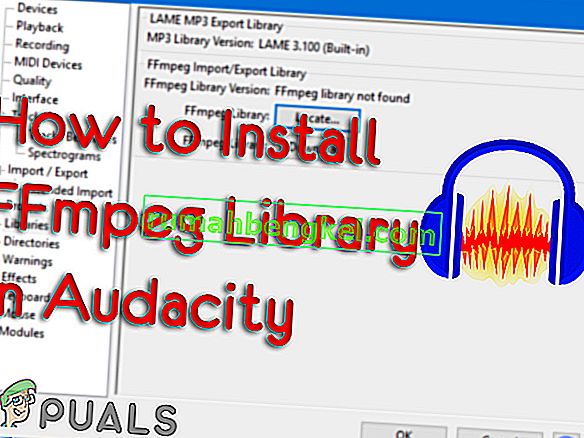

In the drop-down menu, click 'Export' and then choose 'Export as MP3.' Save your audio as an. The post title comes from “Convertible” by The Wedding Present, or Theweddingpresent as they were presenting themselves in 1996 when they released Mini, featuring this track. In Audacity, click 'File' at the top of the screen. The recursive conversion and artwork/metadata mapping works better than in Audacity, so I’ll be doing this from now on. Using it for other file types is also an improvement on my previous Audacity macro approach.

This workflow meant I could convert all of the opus files I had. Beside installing Audacity, you will need to additionally install FFmpeg for Audacity to recognize M4B, and you probably need to install LAME MP3 encoder for Audacity (depending on Audacity versions) to export MP3. A better approach to your problem might be to teach Audacity some. It converts it using our parameters and names the output file by switching the extension for mp3. Answer (1 of 2): I was astonished to discover that Audacity cant handle WMA files out of the box. Initially, an mp3 subdirectory is made, then ffmpeg receives the opus file via the quoted curly braces as an input. This one-liner will find (recursively) all. However, once I tried to automate the splitting using ffmpeg (more specifically: ffmpeg -i inputfilename.mp3 -mapchannel 0.0.0 left.wav -mapchannel 0.0.1 right.wav), the accuracy dropped drastically. When you have finished downloading, double-click the 'ffmpeg64bitosx.pkg' in your Downloads folder. The accuracy was about 80-90, which was perfect for my purposes. iname '*.opus' -exec bash -c 'D=$(dirname ".mp3"' \ Ĭredit to this StackOverflow answer. In the 64-bit FFmpeg section, left-click the link 'ffmpeg64bitosx.pkg' and save the file anywhere on your computer.


 0 kommentar(er)
0 kommentar(er)
